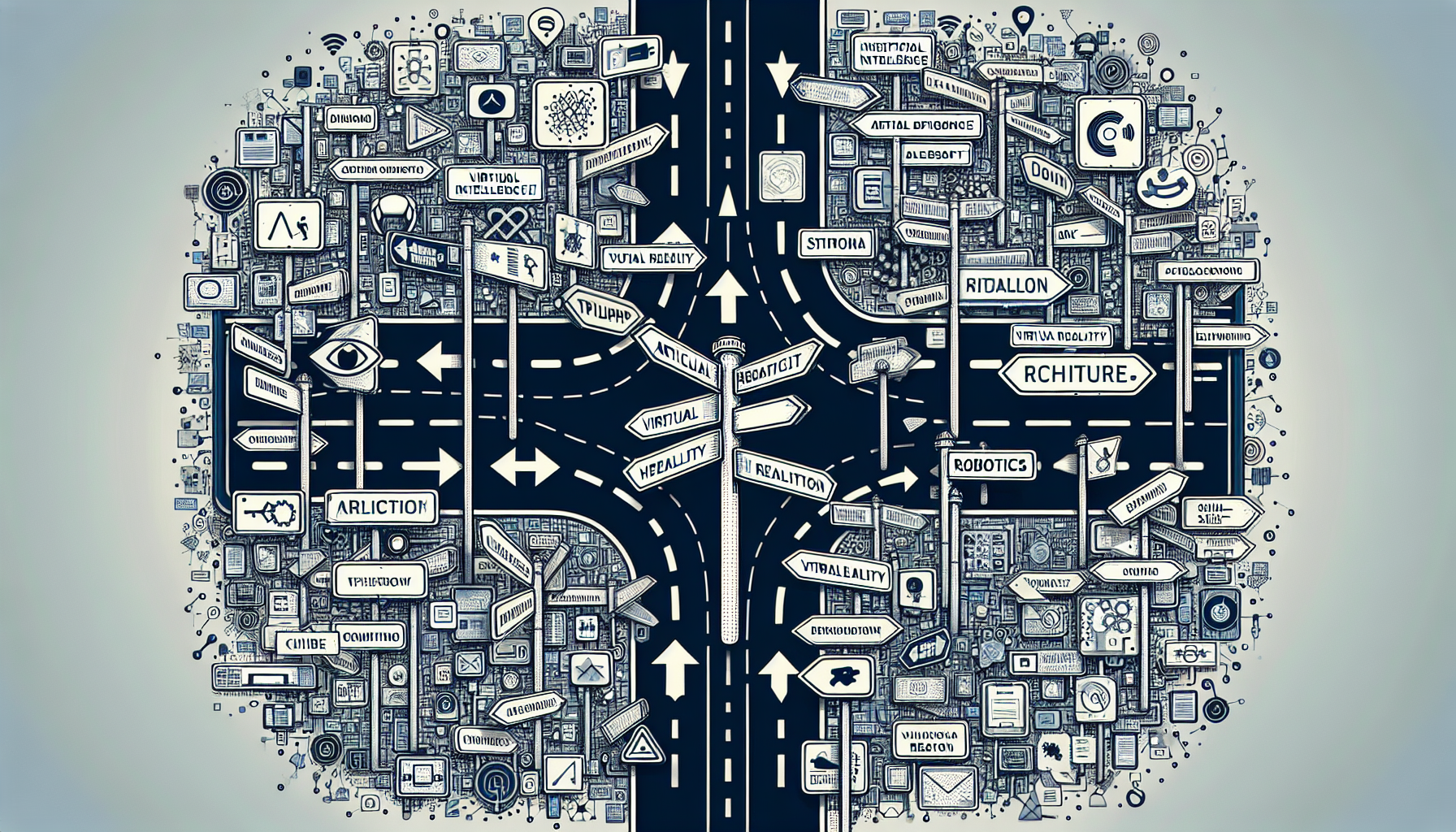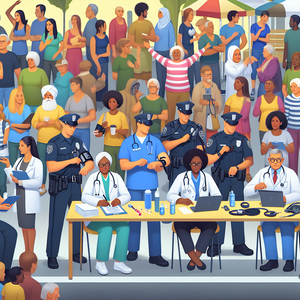The Future of Data in Criminal Justice: Careers at BJS

Data has long been integral to the criminal justice system, but the rise of big data, artificial intelligence, and machine learning is changing how this information is collected, analyzed, and applied. Traditionally, BJS's role focused on gathering statistics; however, the current landscape demands that professionals interpret complex datasets to inform critical policy decisions. This evolution necessitates a reevaluation of traditional roles, leading to the development of new career paths within BJS that emphasize data interpretation and application.
Emerging Technologies and Their Impact
Technological advancements are revolutionizing the skill sets required for careers at BJS. Data visualization tools, such as Tableau and Power BI, allow analysts to present data in intuitive formats that resonate with stakeholders and the public. The role of data scientists is increasingly vital, as these professionals employ statistical methods and programming languages like R and Python to analyze vast datasets and extract actionable insights.
Skills for the Future
As BJS adapts to these technological advancements, specific skills are becoming essential for aspiring professionals. Proficiency in statistical software and programming languages such as R and Python is critical for data analysts. Moreover, understanding data visualization techniques is crucial, as the ability to communicate complex findings effectively is key to influencing public policy and perception.
Potential Job Opportunities
The future of careers at BJS is not solely about enhancing traditional roles but also about creating new opportunities. Positions such as data scientists, policy analysts specializing in data-driven decision-making, and community engagement coordinators focused on improving data collection methods are on the rise.
The future of data in criminal justice careers at BJS promises to be both dynamic and impactful. As technology continues to advance and the importance of data-driven decision-making becomes more pronounced, BJS will play a pivotal role in shaping public policy and enhancing community safety. For those aspiring to embark on a career in this vital sector, the opportunities are vast, and the potential to make a meaningful difference is immense. Embracing this evolving landscape not only prepares professionals for the challenges ahead but also empowers them to contribute to a more informed and just society. As the BJS continues to adapt and grow, it represents a beacon of opportunity for those passionate about the intersection of data, justice, and community welfare.
Data Scientist in Criminal Justice
Bureau of Justice Statistics, local law enforcement agencies, research institutions
Job Description
Analyze complex datasets to identify trends and provide actionable insights for law enforcement agencies.
Utilize programming languages such as R and Python to develop predictive models that forecast crime patterns.
Collaborate with stakeholders to present findings using data visualization tools like Tableau and Power BI.
Policy Analyst - Data-Driven Decision Making
Government agencies, think tanks, non-profits focusing on criminal justice reform
Job Description
Evaluate existing policies and their impacts using quantitative data analysis to inform future legislation.
Prepare comprehensive reports that synthesize data findings into actionable recommendations for policymakers.
Engage with community stakeholders to understand the societal implications of criminal justice policies.
Community Engagement Coordinator
Bureau of Justice Statistics, community-based organizations, advocacy groups
Job Description
Develop and implement outreach programs aimed at improving public understanding of crime statistics and their implications.
Foster partnerships with local organizations to enhance data collection methods and community participation.
Create educational materials that translate complex data into accessible formats for the general public.
Data Visualization Specialist
Government agencies, consulting firms, NGOs focused on data transparency
Job Description
Design intuitive and impactful visual presentations of crime data to facilitate stakeholder understanding and decision-making.
Work closely with data analysts to ensure accurate representation of findings and insights.
Stay updated on the latest visualization tools and techniques to continuously improve data presentation methods.
Criminal Justice Research Analyst
Research institutions, universities, government research divisions
Job Description
Conduct qualitative and quantitative research on various aspects of the criminal justice system, including recidivism rates and crime prevention strategies.
Use statistical analysis software to interpret data and generate reports that contribute to academic and policy discussions.
Collaborate with law enforcement and governmental agencies to assess the efficacy of crime intervention programs.


